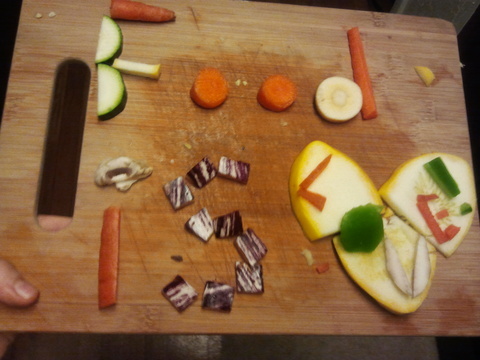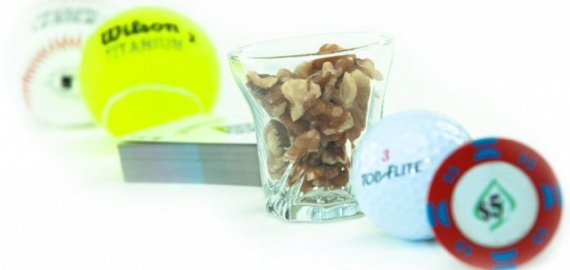Lose Weight > Common Sense To Lose Weight > Common Sense Article > Here Are 10 Effective Tips That Can Help You Through A Fast And Safe Recovery
Here Are 10 Effective Tips That Can Help You Through A Fast And Safe Recovery
First, let me walk you through what the recovery period would be like. You must know that the recovery process varies for every individual, but these events can be expected after undergoing liposuction.
After you leave the clinic, you would feel a little groggy which one of the after-effects of the anaesthesia is. Some would experience nausea for the first 24-48 hours post-surgery. Some liposuction recovery swelling and edema might also be observed, which is normal, and could be observed for a few days post-operatively. The swelling is due to stagnated liquids within the tissues, but they are naturally expelled by the body in two weeks at most. The edema is caused by stress obtained by the small blood and lymphatic vessels in surgery.
You might even experience bruising and numbness around the operated area. The bruises go away in a week to ten days, while the numbness can remain for a few months. You might also experience pain after surgery but this can be relieved by a prescribed analgesic.
Sometimes drainage may be placed in the incision to drain the fluids that are in the site of recovery. Drainage will help to remove all the excess fluid and can aid for a faster recovery.
After the Fats has gone
1. Try to stand out of bed and walk as soon as you are able, the movements can help in toning up your capillaries. But make sure that help is available because you might feel dizzy, lightheaded or nauseated.
2. Drainage dressings should be replaced rather frequently for the first 24 hours. Do not allow it to soak for a long time; otherwise it can be a good medium for bacteria to flourish.
3. After surgery you will be placed in a support garment that covers the area. Do not remove this unless advised otherwise by your physician. This aids to remove the swelling and sculpts the body to a trimmer form.
4. Avoid taking long baths, pools, saunas, and soaking in a Jacuzzi or tub for at least a week after surgery. It increases the risk of infection, however quick showers are okay.
5. Take all the medications prescribed by your doctor religiously. Do not skip, especially with antibiotics.
6. Do not apply heating pads or ice packs over the incisions because this will just affect the healing process.
7. You have to ensure that the area of surgery is kept clean. Avoid applying hydrogen peroxide or other cleansing liquids.
8. Avoid postures that can block blood circulation, such as crossing the legs or sitting for too long. This can prevent good circulation and could promote blood clots to form.
9. Self-massaging the treated area once healed can help prevent the formation of cellulites and fluid stagnation.
10. Eat a healthy diet. Increase your intake of vitamins A, C and E which you can majorly find in citrus fruits. They can promote better and faster healing.
It is important that you keep the recovery phase as risk free as possible. Doing so can help prevent complications even with the most advanced liposuction surgery. Following a strict and clean regimen can help you attain a full recovery in the quickest time possible.
Related Articles
-
Top Advices For Finding The Best Weight Loss Clinic
Weight loss and you For most of the people looking weight can be a h
-
Waist-Whittling Spicy Green Juice
As the warmer weather approaches, you might be paying a littl
-
The A single Factor You need to Prevent Throughout Lap Band Surgery
If you’ve been looking at clapboard band surgical procedures in
-
Which Whey to Go
In the world of dietary supplements and functional foods there are
-
Weight Loss Diet The Perfect Way of Calorie Maintenance
-
Eating-The Way to Natural Fat Loss
- DON'T MISS
- The Lazy Person’s Two Step Diet (Easy)!
- Change To Fat-Burning Foods To Help Lose Your Stomach Fat
- Teen Was Told She Was “Too Big” For Tennis
- Understanding Weight Loss: How to Lose 15 Pounds by Swimming
- Chinese Medicine For Weight Loss - Does It Work?
- How uncomplicated to obtain weight-loss employing diet with out dieting
- Common Myths About Dieting Plans
- Essential Dieting Weight Loss Tips
- How To Lose Weight The Natural Way
- How Appetite Control Can Help You Lose Weight




